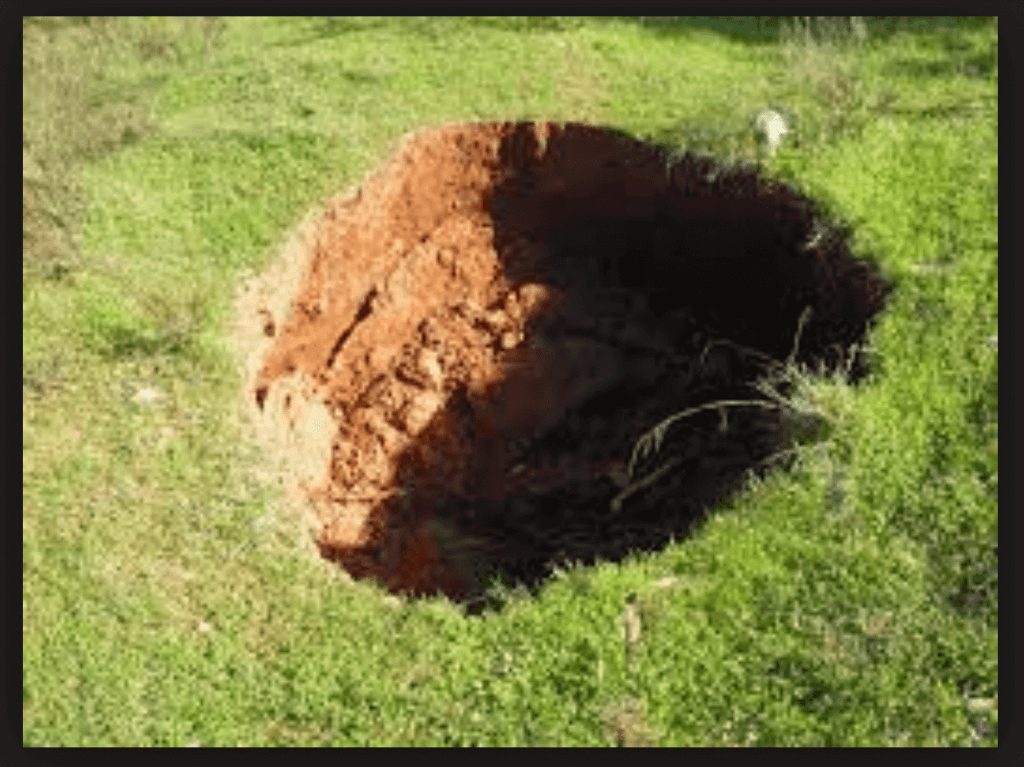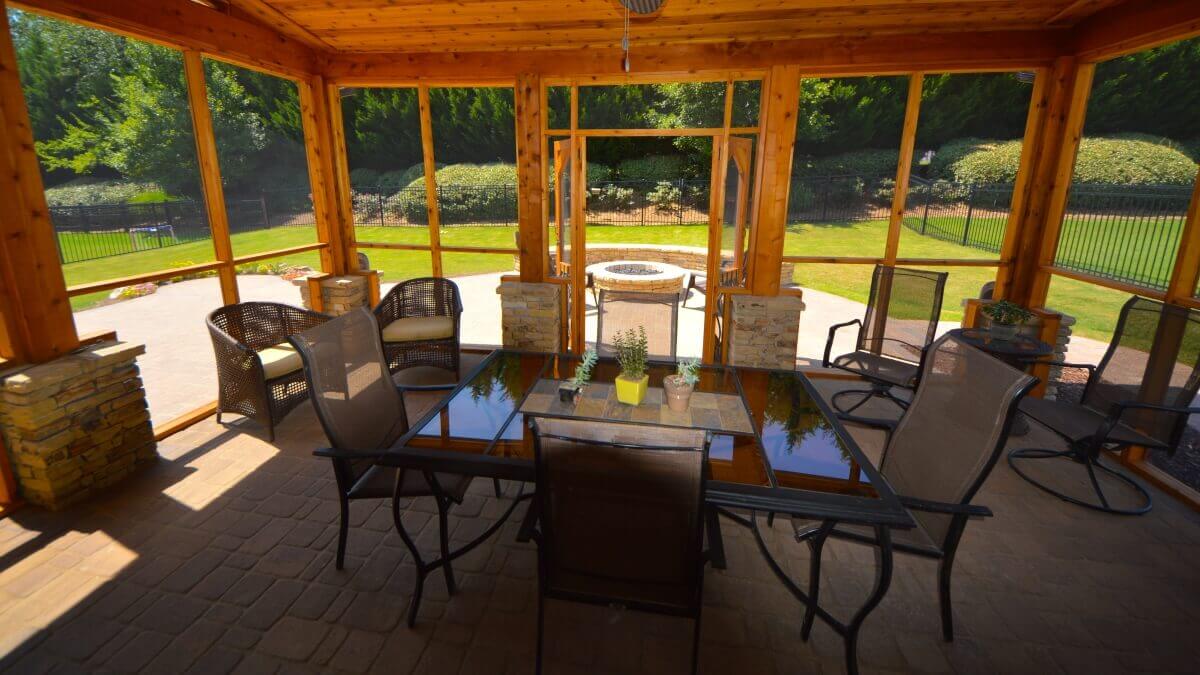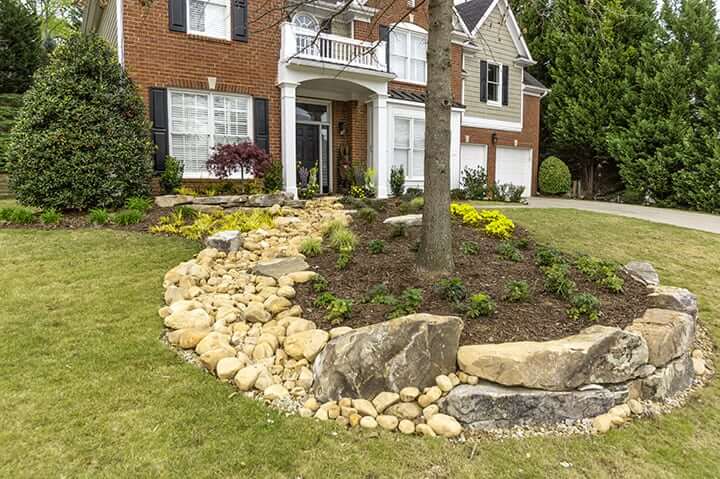Living in Georgia doesn’t mean that one is completely safe from a sinkhole “showing up” in their landscape. Sure, there are areas of the country where sinkholes can be more of an issue. But, being an Atlanta property owner doesn’t mean that sinkholes won’t occur. Consequently, the best action you can take regarding sinkholes is to learn what you can about these nuisances and what can be done about them.
5 FAQs Regarding Sinkholes
- Why sinkholes appear? Sinkholes can be due to both natural and manmade causes. Natural sinkholes are most common in terrain that is rich in limestone, gypsum, salt beads and where other carbonate rocks can be dissolved. When water erodes the rocks, a pit can be formed, and the sinkhole is formed. However, a sinkhole can also be the result of a construction company’s burying debris at various points of the building project.
- Is there more than one type of sinkhole? Yes. Manmade sinkholes can be divided into 3 types. A development hole is dug by a builder at the onset of a new build to dispose (incorrectly) of debris. A lot cleaning hole is built toward the end of the foundation, and a clean-up hole is done when the job is completed and the company opts to bury the detritus of building. These holes can be 10-15 feet deep. Natural sinkholes are divided into cover-subsidence holes and result due to the wearing down of soluble rock; cover collapse holes are typically triggered by a heavy rainfall or drought that rapidly removes the material making it possible for the sediment that covered the void to disappear. Consequently, cover collapse sinkholes are thought to be more threatening.
- How can I identify a potential sinkhole? Periodically, walk around your yard and check for small holes in the ground or cracks along your home’s foundation. If your yard has a significant amount of soluble rock or you suspect that the builder took some shortcuts, you will need to be especially vigilant. 9If you aren’t sure about the type(s) of rocks in your property, you may want to get a geological survey.
- What are some common areas in a yard that a sinkhole is most likely to occur? Sinkholes can occur anywhere, but common places are near a buried water or sewer line, along any easements, near old wells or utilities, as a result of having a large tree stump removed or anywhere that large rocks may have been buried to aid in the construction of the lot itself.
- How to deal with sinkholes? Dealing with sinkholes -especially deep ones – is not a task for the weekend DIYer! If you suspect a sinkhole may occur or have recently been surprised by an unplanned pit in your yard, talk to an Outdoor Makeover & Construction team member asap! If the hole is close to your home, then you should get out until the situation can be assessed by a pro. Sinkholes can happen at any time. But, thankfully, they don’t have to be a permanent feature of your property. If you suspect that your property might be especially prone to having a sinkhole, or have recently had a sinkhole develop, then contact the Outdoor Makeover & Construction team today.


 Screened-in Porch Benefits for Outdoor Living Experience
Screened-in Porch Benefits for Outdoor Living Experience Landscape Preparation For Spring
Landscape Preparation For Spring Preparing for Winter: 10 Tips for Winterizing Your Landscape
Preparing for Winter: 10 Tips for Winterizing Your Landscape
LET'S BE SOCIAL: